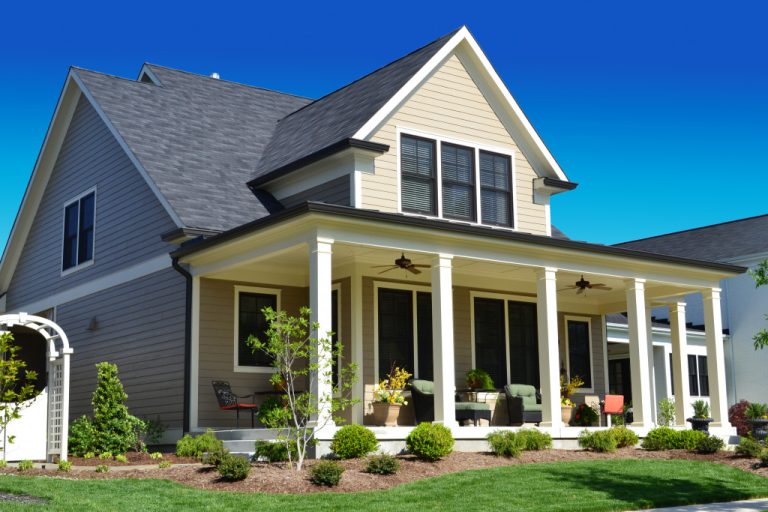If you’re in your 20s, you may be looking to buy your first house. The housing market can be intimidating, with lots of costs and terms to learn about and consider. Luckily, there are plenty of other people who have bought houses before you, and you can benefit from their experience by reading this practical guide on how to buy a house in your 20s. Learn about the process of finding the right one, what to do during an open house tour, and how much money it will take to make the down payment.
Why Should You Buy a House Early?
If you’re trying to start adult life, buying a house is about more than just putting down roots—it’s about establishing financial responsibility. By purchasing property early on, you show future lenders and employers that you’re willing to take risks and live up to your commitments. When an employer sees that you bought a home while still in your 20s, they know you’re capable of sticking with an investment over time.
Likewise, when bankers see on-time payments from years before, they know you can be relied upon now. Of course, financing a home loan isn’t easy for everyone.
Figure Out How Much You Need to Save
How much you’ll need for a down payment on your first home will depend largely on where you live and what kind of house you want. The more expensive your city, or if you’re looking at houses that are completely out of your price range, then you’ll probably need to save more than $20,000. For most people, however, that sum should be enough to put a serious dent in your closing costs, among other expenses.
That is why most financial advisers recommend buying within budget—otherwise, you may get stuck with a mortgage payment beyond what you can realistically afford. If saving up isn’t going as well as you hoped, consider alternatives such as owning an apartment.
Pick the Perfect Location
Location, location, location. It is real estate’s favorite saying, and it couldn’t be truer. Depending on how much money you have available for a down payment, choose an area that has potential appreciation in its value over time. The idea is that if your property increases in value, you’ll make up some of your initial investment when you sell it.
Research real estate listings online and read through reviews to get a better sense of which neighborhoods fit your needs. Then visit each neighborhood yourself to see things firsthand; after all, nothing beats seeing something in person! Las Vegas is an awesome place for first-time homebuyers because housing options are so diverse: from older homes with character to new luxury properties. Plus, there are lots of great neighborhoods you can choose from with relatively low crime rates — and some that are walkable if you’re into being active on foot or bike.
Know When to Start Looking

Before you begin looking for your perfect home, it’s important to take stock of your financial situation. While it may seem like an exciting adventure, buying a house can be stressful, and you don’t want to get caught up in something that could put your finances at risk. This is why it’s important to know when you should start looking for your first home.
The sooner you start saving and setting aside money toward a down payment, the better off you will be. Down payment will ensure that banks feel confident enough to loan you money because they know you have invested some cash into your future home.
Research The Right Kind of Mortgage
No matter how much you saved up for your down payment, you’ll need financing to buy a house. The good news is that there are several kinds of mortgages available, each with its advantages and disadvantages. So before you jump into buying your first home, research which mortgage will be best for your financial situation. This can take some time; make sure you understand everything before making any big decisions.
A mortgage is not just an expense—it’s also an investment. It’s wise to know exactly what kind of investment you’re getting yourself into before plunking down tens or hundreds of thousands of dollars.
List Down What You Want in A House
If you’re ready to buy your first home, it helps to know what you want and how much you can afford. Make a list of everything that matters most— Hardwood floors? A deck? When you know exactly what features matter most, it will be easier to find homes that fit all your requirements. Do remember to factor in other important costs like taxes, insurance, and maintenance.
You may also need to consider moving expenses or make upgrades to suit your new needs, such as paint or appliances. These upgrades may cost more than originally planned. The more thorough your preparation, you’ll be able to decide better what residence is right for you.
The prospect of buying your first home may seem daunting, but there are many steps you can take to ensure that you’re making an informed decision. If you’re serious about getting into homeownership, find a lender who specializes in loans for first-time buyers or speak with a real estate agent who can walk you through all of your options. With preparation and some hard work, purchasing your first home is within reach.

